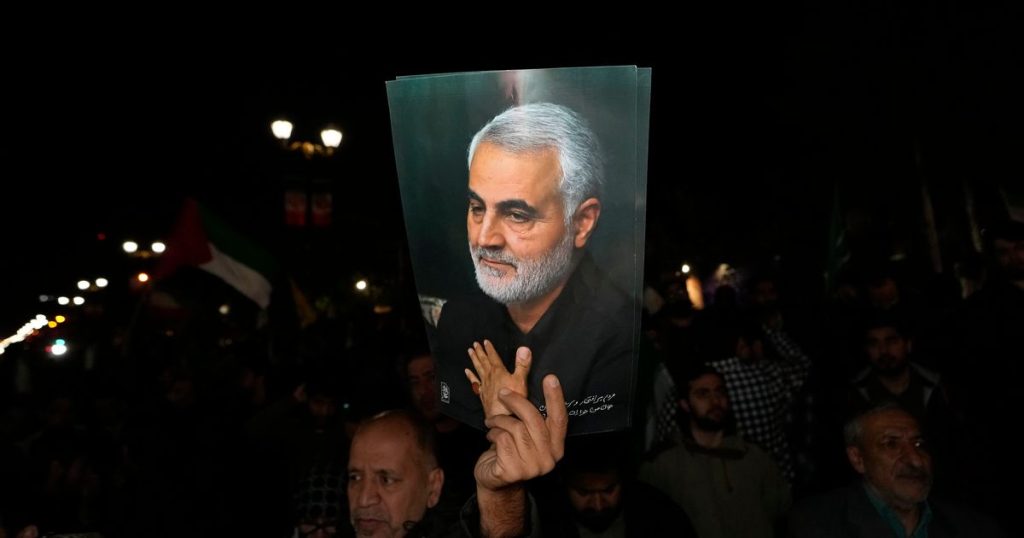The recent unprecedented attack by Iran on Israel has heightened regional tensions and raised concerns that the conflict between Israel and Hamas could escalate into a broader conflagration. However, all parties involved in the conflict, including Iran, Israel, the United States, and Hamas, have come away with some gains from the situation.
Israel’s successful defense against the Iranian attack has restored faith in its military capabilities. With the help of allies, Israel was able to block 99% of the drones and missiles aimed at it, preventing any major damage. This successful response contrasts with the setback Israel faced when Hamas infiltrated its territory in October, casting doubt on its military power. The coalition of forces that supported Israel in repelling the Iranian assault has also bolstered its image at a time when it is facing increased scrutiny for its actions in the conflict with Hamas.
Iran used the attack on Israel to demonstrate its military might and show that it will not tolerate attacks on its assets. Despite causing minimal damage in Israel, Iran’s strike instilled fear and disruption, highlighting its capabilities. The swift conclusion of the operation by Iran may indicate a desire to avoid a large-scale escalation of the conflict. After vowing to retaliate for an earlier incident in Damascus, Iran was able to follow through on its threats through the attack on Israel.
The United States played a crucial role in supporting Israel during the attack, reinforcing the strength of their alliance. As Israel contemplates its response, the Biden administration will seek to influence its decision-making to prevent further escalation. The United States’ involvement in repelling the assault showcased its commitment to its allies and its willingness to provide support in times of crisis.
Hamas, which is backed by Iran, likely stands to benefit from Iran’s direct involvement in the conflict. Hamas had hoped for regional support during its initial attack on Israel, and Iran’s participation may embolden the militant group. The increased military pressure on Israel may lead Hamas to take a harder stance in negotiations for a ceasefire, hoping to leverage the situation in its favor. The ongoing violence in the West Bank and potential for Iranian engagement in the conflict could further complicate the situation.
Overall, the attack by Iran on Israel has had significant implications for all parties involved. It has highlighted the military capabilities and resilience of both Israel and Iran, while also testing the alliances between the United States and Israel. The involvement of Iran in the conflict has added a new dimension to the situation, with potential implications for the ongoing negotiations and ceasefire efforts in Gaza. The fallout from the attack underscores the complex dynamics at play in the region and the challenges of maintaining stability amid escalating tensions.


